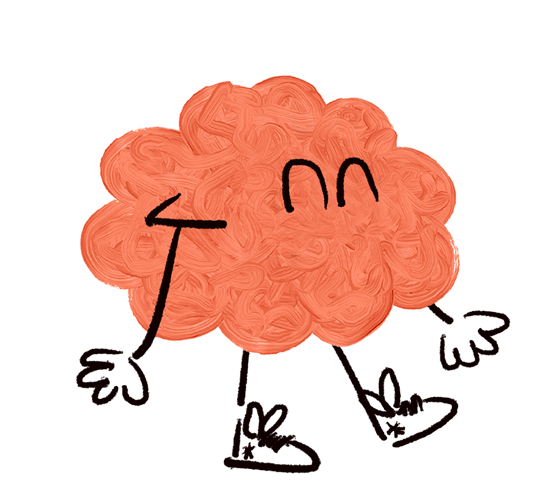Tourette syndrome is a disorder that affects the body’s brain and nervous system by causing sudden and repetitive movements or sounds known as tics. A person that has Tourette syndrome has multiple motor tics and at least one vocal tic.
Examples of physical tics include blinking, eye rolling, shoulder shrugging, foot stomping, jumping or twirling. Examples of vocal tics include grunting, whistling, tongue clicking, swearing or saying random words and phrases.
Tourette syndrome usually starts during childhood and that is when children and young people usually first notice some symptoms. A lot of young people with Tourette syndrome also have other conditions such as ADHD, OCD or a Learning Disability.
If you think you may have Tourette syndrome you should contact your GP who can help to get you the right support. Whilst there isn’t a cure for Tourette syndrome, most tics don’t get in the way of day to day life. If you feel like the tics are negatively impacting your life, your GP might be able to suggest some medicines to help control them.
It is not easy to have Tourette syndrome, especially when a lot of people don’t understand what it is and may not know how to react around you. This can often feel really frustrating and embarrassing. We hope that the information on this page helps to raise awareness of tics and Tourette syndrome so that more people can understand what it’s like for young people living with Tourette’s.
Every young person with Tourette syndrome will cope differently with its physical, emotional and social challenges, however, for majority of young people Tourette syndrome doesn’t restrict activities so young people can still get involved with all their interests and hobbies.

Support and resources developed by Tourettes action for young people with Tourette Syndrome
Tourettes Action have provided some e learning resources to provide information on tourettes
BBC Young Reporter Wilamena describes how music helps with her Tourettes
Caspar Lee interviews 6 young people between 9 and 20 years old about their experiences growing up with Tourettes
Tourettes Action have produced a factsheet which provides and introduction to functional tics
Tourettes Action provide a guide to Tourette Syndrome for children and young people
A learning tool to help support children and young people with Tourette syndrome tell others about their condition
Local information about services available to support your mental health